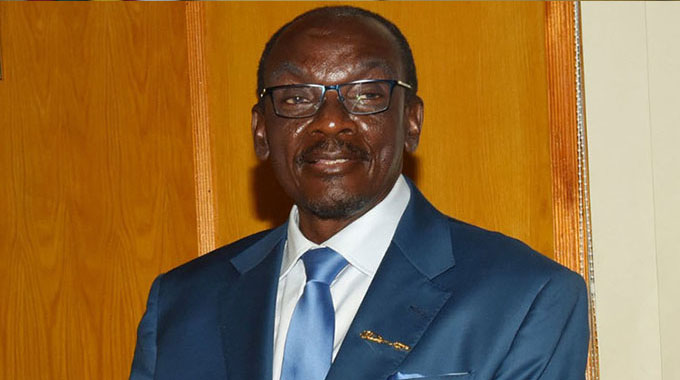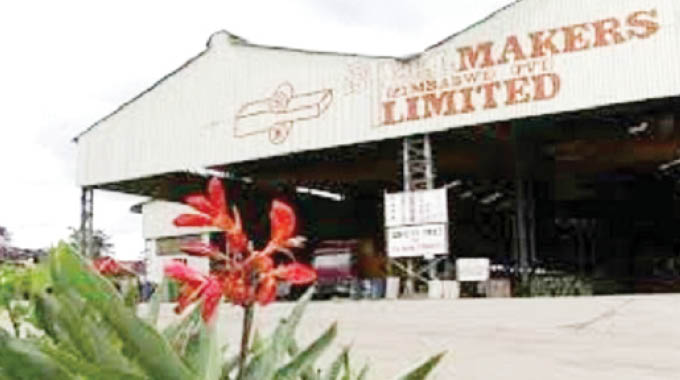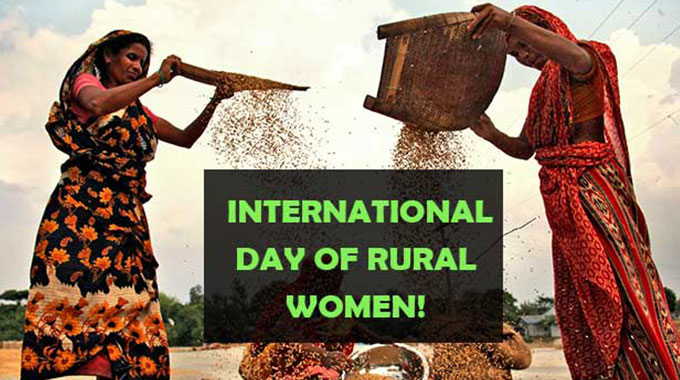Government to import more maize

Mashudu Netsianda, Senior Reporter
THE Government has imported 800 000 tonnes of maize from Tanzania and South Africa to alleviate food shortages following last season’s poor rains, Vice-President Kembo Mohadi has said.
President Mnangagwa has since engaged some countries in the Sadc region to secure grain imports.
Speaking during a Zanu-PF rally at Stanley Square in Bulawayo at the weekend, VP Mohadi said the country required at least 2 million tonnes of grain including reserves to feed its people.
“We did not receive enough rains throughout the country and our problems were also worsened by Cyclone Idai. As Government, we are addressing the issue of starvation as the President has already said no one will die of hunger in Zimbabwe. As I am speaking to you now, we already have grain from Tanzania and South Africa and this consignment will be distributed across the country and we are looking at 800 000 tonnes of grain, which is the country’s deficit,” he said.
“For now, we only got 700 000 tonnes of grain, which is not enough because the country needs at least 2 million tonnes of grain to feed the nation including a reserve of 500 000 tonnes. It is not enough and we intend to import more grain.”
The Government has since lifted the ban on private grain sales and granted the nod to individuals and corporates with free funds to import quantities of their choice to complement Treasury’s efforts in ensuring adequate national grain reserves.
The intervention comes at a time when Zimbabwe has suffered reduced yields as a result of drought experienced last season. The country needs an estimated 800 000 tonnes of maize imports to cover the gap up to the next harvest and Government has assured the nation that no one will starve.
The country, whose national grain requirement stands at 1,8 million tonnes, will be importing the bulk of the maize from Southern African countries.
VP Mohadi said the Government has started distributing seed under the Presidential Input Scheme ahead of the farming season. He said the food relief programme, which was initially confined to the rural areas, has been extended to the urban centres to cater for vulnerable groups.
“Since we have drought, the Government saw it fit to extend the relief programme to urban centres where we are targeting mostly the vulnerable groups. Every Tuesday, the Minister of Public Labour and Social Welfare gives us a report on the statistics and we will increase the tonnage in Bulawayo,” he said.
VP Mohadi also donated 60 tonnes of rice to Bulawayo residents with each of the city’s 12 constituencies expected to get 5 tonnes.
He said the Government was concerned about the ongoing price madness, saying efforts were underway to open more Silo Foods Industries throughout the country to address the plight of consumers.
Silo Foods Industries, which started operating as a fully-fledged commercial business unit under the Grain Marketing Board (GMB) in April this year, now has 84 shops countrywide.
“The Government is aware of the price madness. We discussed as Cabinet and agreed that we will not legislate on the price controls as we were getting unnecessary criticism from the West.
“They argued that the market forces should determine prices and in light of that we came up with ways of assisting our people through empowering GMB to produce Silo Industry Foods to sell basic commodities at reasonable prices,” said VP Mohadi.
The Government whose minimum equity holding in Silo Food Industries is 26 percent, has since injected $70 million into the business for it to ramp up production.
An additional US$95 million will be invested over a three-year period to make the project both viable and sustainable. — @mashnets











Comments